Dhaka, June 20 (V7N) — The Government of Bangladesh has issued compulsory retirement orders for five senior civil servants holding the rank of Secretary, citing "public interest" as the primary reason. Each official has completed 25 years of service, the minimum threshold under the law to qualify for early retirement initiated by the state.
The Ministry of Public Administration issued separate official notifications on Thursday confirming the decision. In addition, a Grade-1 officer, serving as the chairman of a state-owned corporation, has also been sent into mandatory retirement under similar grounds.
Officials Affected:
The following officials have been retired compulsorily:
-
Kazi Enamul Hasan – Director General, Bangladesh Employees Welfare Board (Secretary)
-
Sukesh Kumar Sarkar – Director General, National Academy for Planning and Development (Secretary)
-
Muhammad Ibrahim – Chairman, Land Appeal Board (Secretary)
-
Md. Shahid Ullah – Rector, Bangladesh Academy for Rural Development (Secretary)
-
Mohammad Salah Uddin – Secretary (Currently on Special Duty, OSD)
-
Lipika Bhadra – Chairman, Bangladesh Sugar and Food Industries Corporation (Grade-1 Officer)
According to the notifications, these officials are entitled to receive all retirement-related benefits as per existing service rules.
Legal Basis:
The action has been taken under Section 45 of the Public Service Act, 2018, which empowers the government to retire any public servant after 25 years of service if it deems the decision beneficial to the public interest. While the law permits such action, the process often generates debate regarding transparency, political neutrality, and bureaucratic morale.
Recent Pattern in Administrative Changes:
This decision is part of a broader trend of administrative reshuffling under the current caretaker/interim government. In recent months, several senior officials have been sent into early retirement, while some previously retired officials have been reinstated on contractual appointments, raising both support and scrutiny from governance observers.
Although the Ministry has not provided specific reasons for retiring these individuals, such decisions are often linked to ongoing efforts to streamline bureaucracy, remove inactive officials, or create space for younger cadres in key positions.
The compulsory retirements are seen by some analysts as a strategic bureaucratic recalibration, though critics often argue such decisions can be misused for political or personal motives.
END/AJ/SMA/






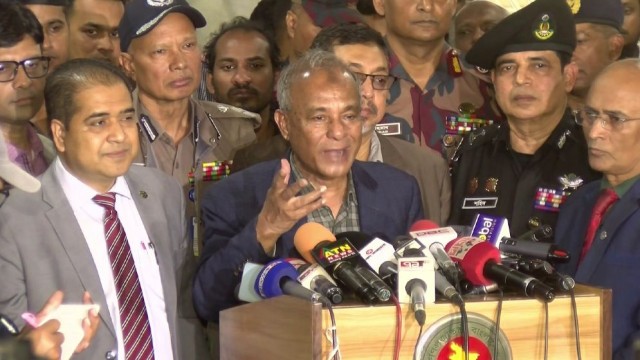


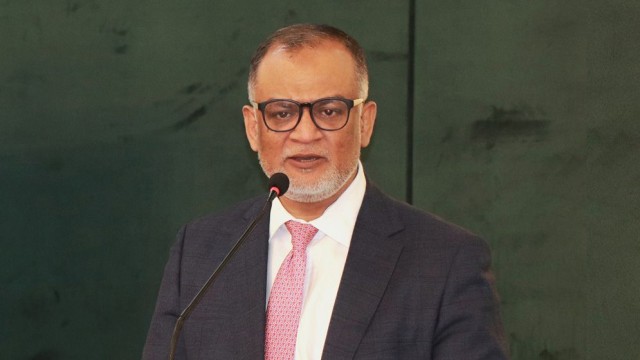




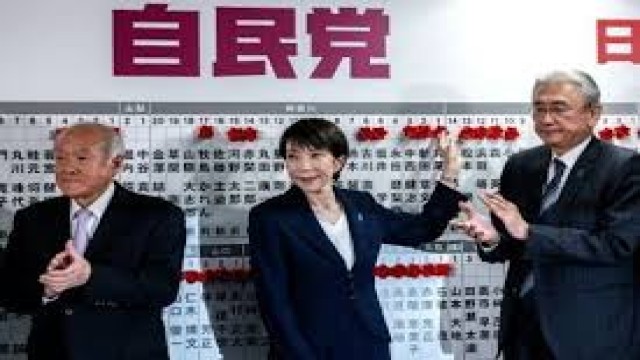













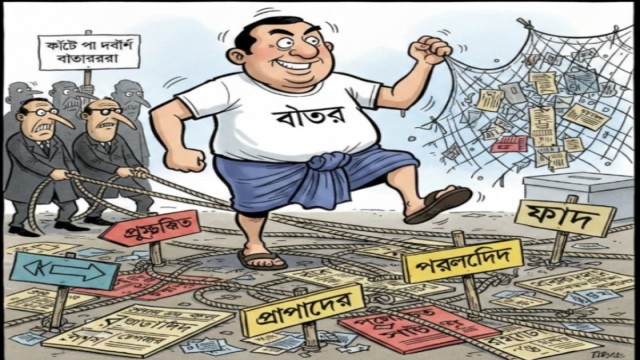
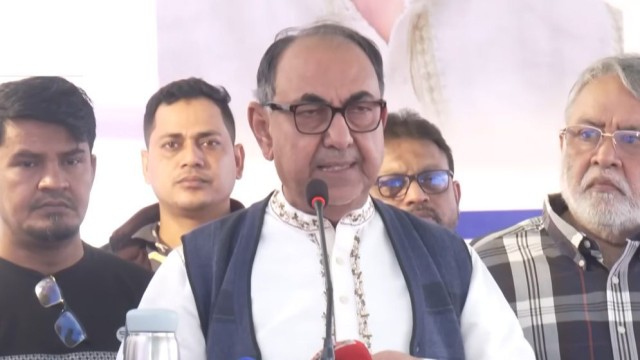

Comment: